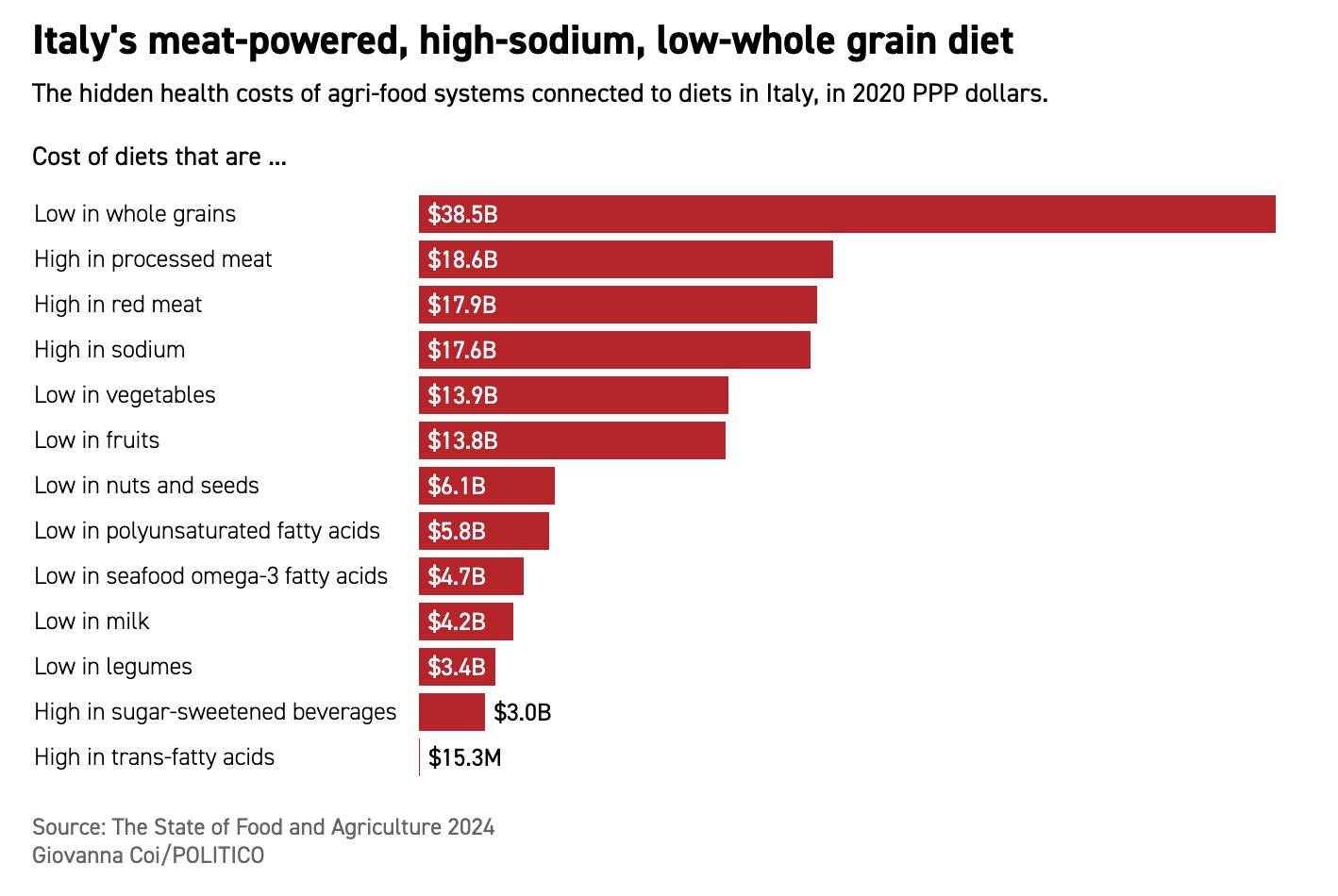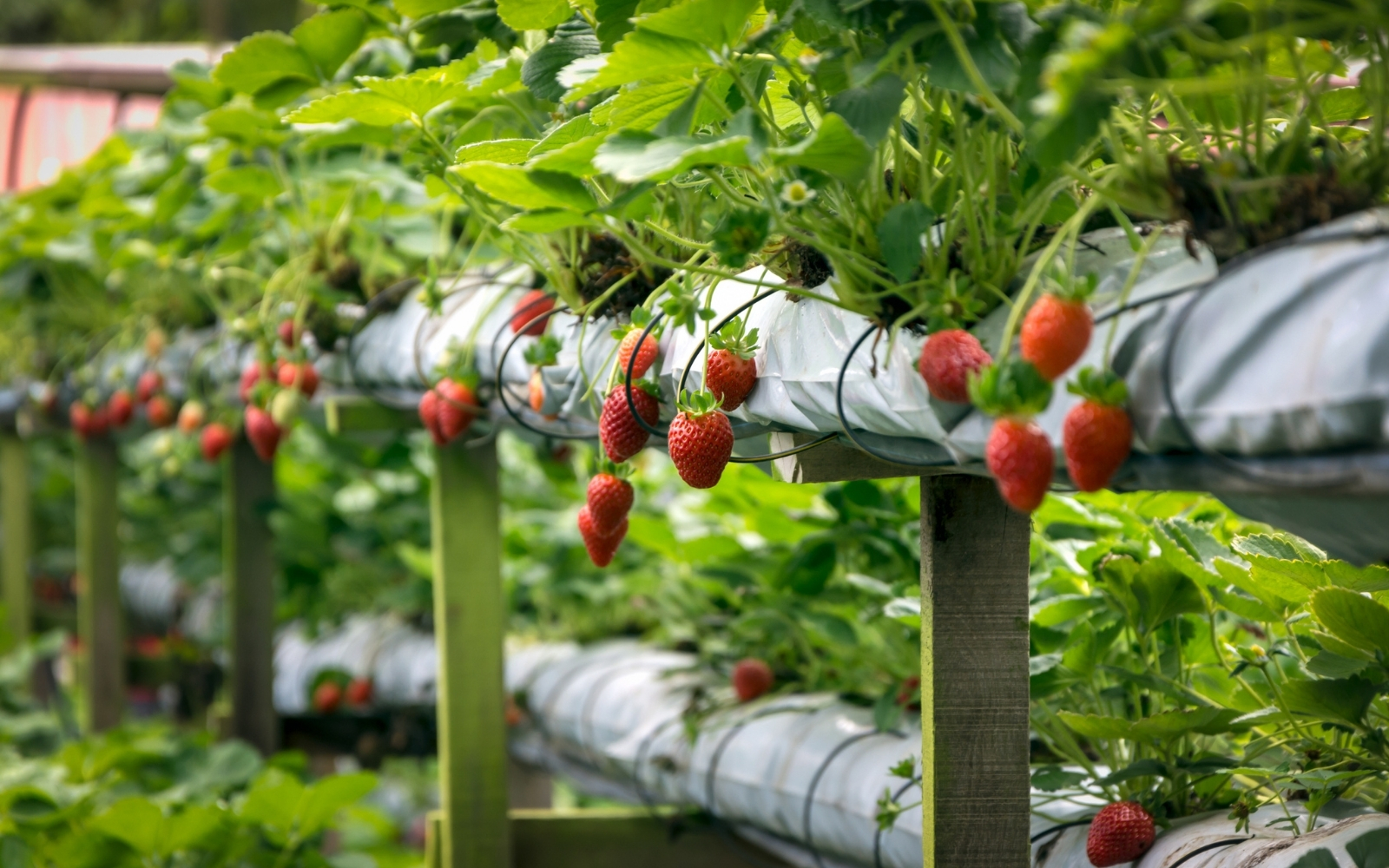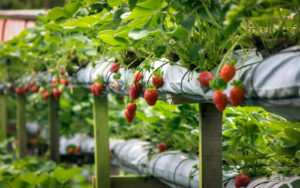February 2025 Edition — The Food Archive
Fast food has changed diets, and for some cultures, diets are disappearing (I snatched up the URL in case this trend continues). An interesting article in Politico argues that the Mediterranean diet is a lie, at least in Italy. Having lived there five years, I was always pleasantly surprised that traditional regional cuisines were preserved and revered, however in the confines of how a Mediterranean diet is defined, I didn’t see many diets from the north to south classically fall within that dietary pattern. Italians consume a lot of meat and cheese. The Politico article argues that the hidden costs of the Italian food system and diet do not fare well for health outcomes. Check it out. Speaking of Italian diets, I guess pasta is not a refined or ultra-processed food. Whew. I guess I can continue to eat my spaghetti ala vongole every Friday and not die at 55… The Japanese diet, a fish-dominant diet, is changing too. According to Grist, veganism is increasing.
Some lovely and alarming science is being generated about how our agricultural system will feed the world. According to colleagues at Tufts University (hey Will!), while food supplies are, in aggregate, fulfilling calorie needs, they are not fulfilling healthy calorie needs. Food availability of fruits, veggies, legumes, nuts, and seeds (the core makeup of a healthy diet) falls short worldwide. Regionally, there are considerable disparities in the supply of animal foods. We also have issues with water. This article in Nature Comms by scientists across the world (hi Kyle!) examined blue water, which is surface and groundwater often used for growing crops. They looked over time from 1980 to 2015 in China, India, and the US. They found that demand has risen significantly for blue water by 60%, 71%, and 27%, respectively, for a handful of crops, largely alfalfa, maize, rice, and wheat, and this rise in demand has created issues of scarcity and stress. Good times! According to Carbon Brief, we shouldn’t just be worried about water either. Extreme weather is destroying crops around the world. Check out their map and analysis (see below). According to colleagues at Purdue University (hi Tom!), all hope should not be lost. They examined the impacts of improved crop varieties since the early 1960s and argued that these crop improvements resulted in lower land use change, greenhouse gas emissions, and cropland expansion. Let the debates begin! And what is a summary of feeding the world and improving crop varieties without AI. A new outfit, Heritable Agriculture (sounds so down homey!…), wants to use AI to predict genetic changes to improve crop yield, taste, nutritional value etc, etc. No need for future Borlaugs of the world!














Post Comment